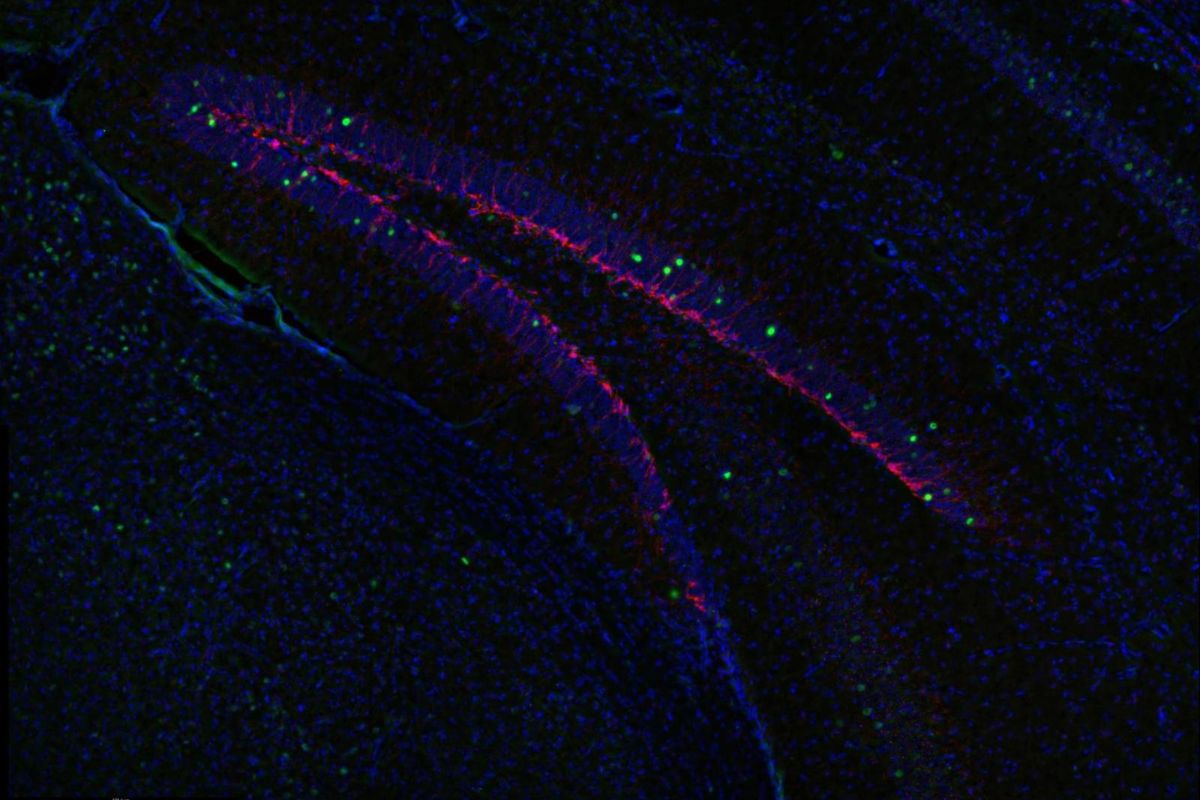This week features new postpartum depression research, successful treatment for Turner syndrome, and a reminder about oral iron supplements.
French Survey Identifies Early Risk Factors
A sweeping new French national survey – appearing in The Journal of Clinical Psychiatry – reveals that nearly 17% of new mothers experience postpartum depression (PPD). Most cases emerge within the first two months after giving birth. The findings further underscore a pressing need for earlier screening and better perinatal support.
Pulling data from more than 7,000 women who gave birth across France in March 2021, the study relied on the Edinburgh Postnatal Depression Scale (EPDS) to identify mothers at risk. The research team found that women under 30 (and over 40) faced the highest depression rates. The risk also seemed to be much greater among women born in North Africa, those with low health literacy, and those who lacked sufficient emotional support during pregnancy.
Psychological history proved to be particularly crucial. Mothers who’d received psychological or psychiatric care since adolescence were about 50% more likely to develop PPD. Women who experienced sadness, hopelessness, or anhedonia during pregnancy were at sharply increased risk. The same held true for those who had instrumental vaginal deliveries using forceps or vacuum assistance.
Child-related factors such as prematurity or re-hospitalization failed to make any difference.
Lead author Alexandra Doncarli, PhD, and colleagues at Santé Publique France stress that the results highlight “a crucial window for intervention.”
The authors urge systematic mental-health screening during pregnancy and postpartum visits to catch early signs of distress and stave off long-term harm to mothers and infants.
IN OTHER PSYCHIATRY AND NEUROLOGY NEWS
- A new case study in The Primary Care Companion for CNS Disorders covers a woman with mosaic Turner syndrome and treatment-resistant schizophrenia, which improved only after combination therapy.
- Practical guidance in JCP explains why oral iron supplements should be taken as a ferrous salt in the morning on an empty stomach with vitamin C and avoided with food, dairy, or coffee.
- Another PCC report documents a case of high-dose ibuprofen that triggered aseptic meningitis in a 70-year-old woman.
- A new JCP commentary submission discusses the risks of valproate, a highly teratogenic drug linked to severe birth defects and neurodevelopmental disorders.
- And, finally, a groundbreaking new study exposes an unexpected link between intelligence and alcohol use disorder.



